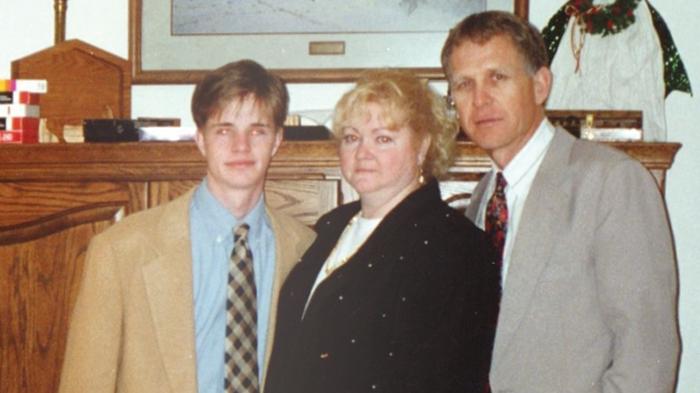Matthew Shepard’s Mother: Why Hate Crime Is Only Conquered When We Speak Up
By Judy Shepard
LOS ANGELES (Variety.com) – In January, “Empire” star Jussie Smollett reported a violent attack at the hands of two men outside his Chicago apartment building. Local police and prosecutors said Smollett fabricated the event, which the actor still vehemently denies. More than a dozen criminal charges, including falsifying a police report, were filed and later dropped by state attorneys. The resulting media storm became an ugly performance of partisan politics, inspired doubt in victims and accusers, and resulted in a President Trump Twitter tirade over the merit and motivation of violence against LGBTQ people. To refocus the conversation around hate crimes — a reality beyond social media outrage and tabloid speculation — Variety turned to Judy Shepard, mother of the late Matthew Shepard, whose brutal murder inspired a national movement for the protection and dignity of queer people and minorities. — Matt Donnelly
Although the story of my son Matt’s life began on Dec. 1, 1976, the horrific events that took place shortly after midnight on Oct. 7, 1998, would cement his name into the history books. After being abducted by two men, driven to a remote area east of Laramie, Wyo., tied to a split-rail fence, severely beaten and left for dead, Matthew Shepard would become known across the world as the victim of one of the most notorious anti-gay hate crimes in American history.
Matt died on Oct. 12. His memorial service was attended by friends and family from around the world, garnering immense media attention and changing the way we talk about and deal with hate in America. Since Matt’s death, his legacy has been to challenge and inspire millions of individuals to erase hate in all its forms from their daily lives. Although Matt’s life was short, his story continues to have a great impact on young and old alike. His life echoes still in the thousands of activists who continue the struggle to replace hate with understanding, compassion and acceptance.
The LGBTQ community and members of many other minorities asserted their rights to safety and dignity with the 2009 enactment of the Matthew Shepard and James Byrd Jr. Hate Crimes Prevention Act. This sorely needed and long-sought statute expanded existing hate crime law to include cases based on a victim’s sexual orientation, gender, gender identity or disability. Our hope was that by helping police comprehensively address hate crimes, we would come to see them diminish and, hopefully, one day disappear. We believed that in Matt’s memory, we were taking real steps forward for his fellow community members.
Sadly, the last few years have been a dramatic step backward, by decades, and our work to erase hate is garnering more attention than at any time in 20 years. The reality is, hate crimes are real, on the rise and chronically underreported, and they have widespread negative impacts on targeted communities. After decades of steady decline, hate crimes have been on the rise since 2015, with law enforcement agencies reporting 1,303 hate crime offenses based on sexual orientation alone in 2017. When we get the 2018 totals later this year, there is no doubt they will have risen yet again.
How do we combat this? When asked, “What can I do to erase hate?” my immediate response is “Use your voice and speak out!” It is our duty to pay attention, sound the alarm and prove that there are more of us than there are of them. If you have a platform, it is your responsibility not only to educate yourself but to confront those spreading falsehoods about the crisis of increasing violent attacks motivated by hatred.
And everyone has a platform. Whether it’s a letter to the editor, calls to representatives, protest marches in your community, town halls, city council meetings or school board meetings, every day there is constructive work you can do in just a short time. You also must vote. Be inspired by Matt’s passion to foster a more caring and just world, and be empowered by the thousands who stand with the Matthew Shepard Foundation and our efforts to end bias-motivated crime. Vote in your local, state and national elections. Advocate for anti-hate crime training for local law enforcement and prosecutors. Take action, and let your voice be heard.
Last year, the Matthew Shepard Foundation conducted 10 anti-hate crime training sessions, reaching more than 500 officers and prosecutors representing 104 law enforcement agencies across the nation. The foundation’s work continues to change hearts and minds through Matt’s story and deliver the message that hate crimes must be a priority for law enforcement agencies of every size in every state. Visit MatthewShepard.org for more information.
Judy Shepard, pictured with her late son, Matthew, and husband, Dennis in 1993, is co-founder of the Matthew Shepard Foundation, dedicated to ending hate crimes against LGBTQ people. Matthew died as the result of a hate crime in Wyoming in 1998, sparking a national movement.

